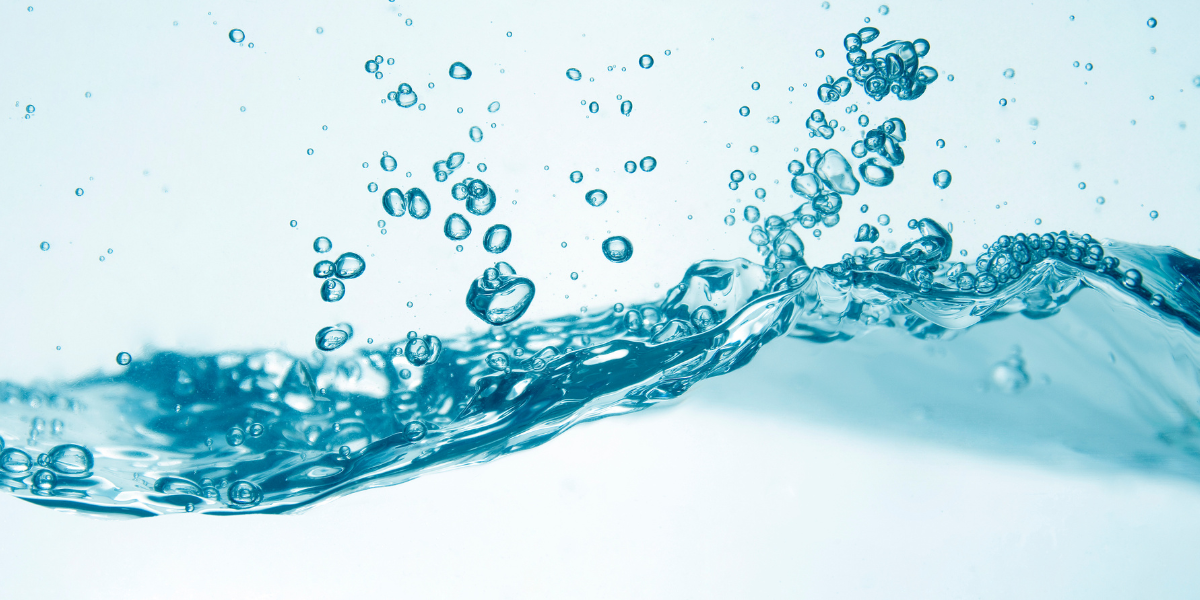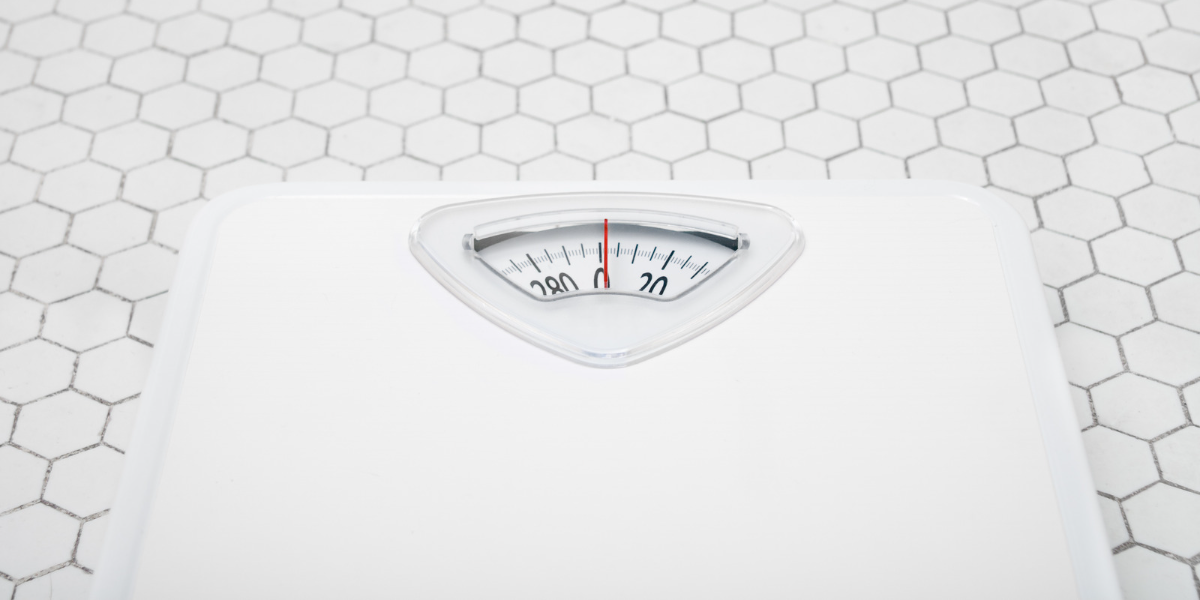3 Reasons Why You May Be Struggling to Lose Weight
Let’s get the obvious out of the way first – this article is directed at the person who feels they are doing everything right but just can't seem to...
.png?width=70&height=70&name=Stark_LogoMark%20(1).png)

Are you on a weight loss journey but not seeing the results on the scale? Do you feel you're doing everything right – consuming protein-rich foods, exercising regularly, and managing your caloric intake, but the weight loss isn't matching up? This could be due to an unexpected but common factor: water retention. Understanding how water retention and weight loss interact can help you manage your body composition more effectively.
When managing your weight, it's not just about losing body fat. What you see on the scale can be about more than just the calories you consume and burn off. In reality, the scale might be reflecting your body's water weight. This is even present in DEXA scans - aka the gold standard for measuring body composition, as the machine cannot differentiate water from muscle, and therefore combines that total into "fat-free mass".
Water weight, or the water retained in your body, might mask your physical progres, and prevent changes in your scale weight. It's crucial to decode what causes water retention to tackle it effectively:
Any form of stress can lead your body to hold water. During stressful episodes, your body tends to ramp up water retention. This could explain why your weight remains consistent despite actively trying to lose body fat.
For every gram of carbohydrate you eat, your body holds about 2.7g of water. Therefore, a diet high in carbs could lead to increased water retention. However, it's important to note that water retention from carbs isn't necessarily a bad thing. It helps you train harder and keeps your cells hydrated, contributing to a 'fit' look.
Consuming a diet high in sodium can cause your body to hold onto more water. Sodium is an electrolyte that helps regulate fluid levels in the body, so when there's too much of it, you may experience bloating and increased water retention. This means high amounts of sodium leads to holding onto more water weight.
Hormonal fluctuations throughout a menstrual cycle or due to medications can significantly affect water retention. Women might notice more water retention in the days leading up to their period, which is a temporary condition and usually resolves after menstruation begins.
Understanding these factors can empower you to take strategic steps towards managing water retention, hence aiding in your weight loss efforts. For instance, alleviating stress through mindfulness or yoga, moderating carbohydrate and sodium intake, and recognizing the temporary nature of hormonal changes can be effective in reducing unnecessary water weight. Remember, the path to weight loss isn't linear, and learning about your body's response to different stimuli can be incredibly beneficial.
Feeling trapped in a water weight cycle? Don't lose hope. Here are some strategies for managing water retention and weight loss:
Understanding your body's water retention can help customize your weight loss plan and take you one step closer to achieving your body composition goals. Remember, it's not a single number on the scale that defines your progress but the overall journey toward a healthy lifestyle.

Let’s get the obvious out of the way first – this article is directed at the person who feels they are doing everything right but just can't seem to...

Are you tired of hearing all the contradicting weight loss advice out there? From “no carbs ever” to “just cut 500 calories a day," it seems like...

Most people want to lose weight. We talk about it all the time, set resolutions for it, and far too many people base their self-worth on the number...